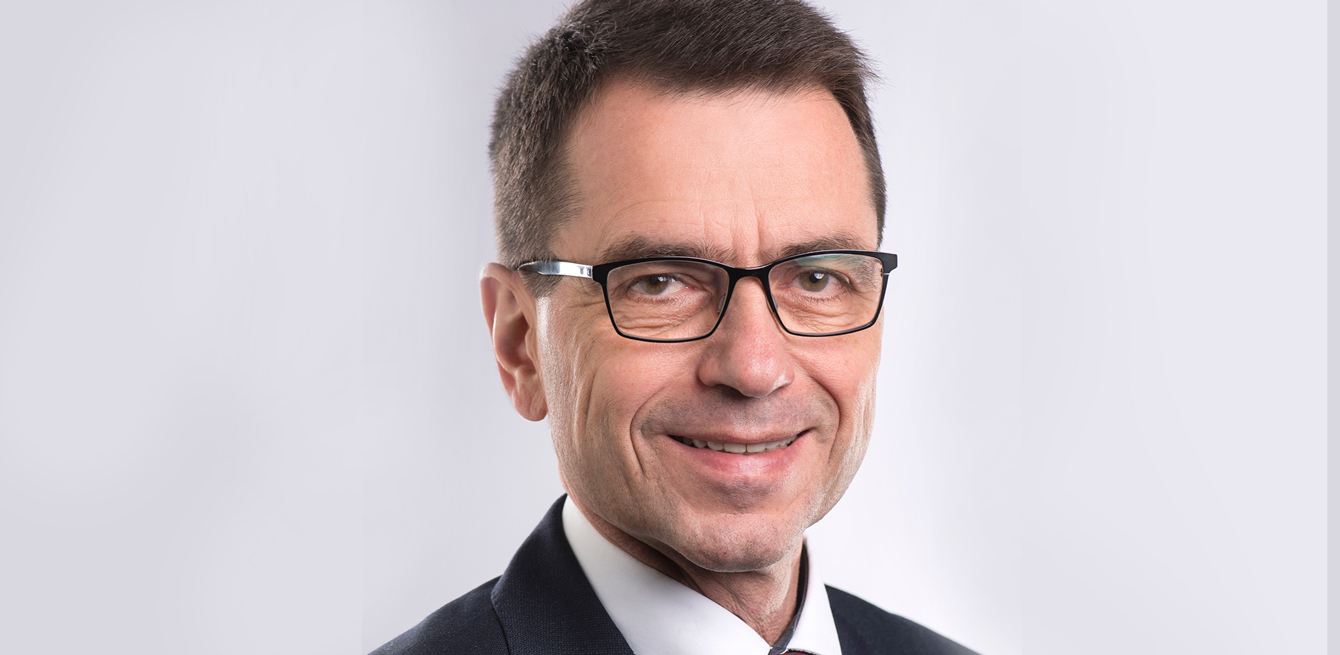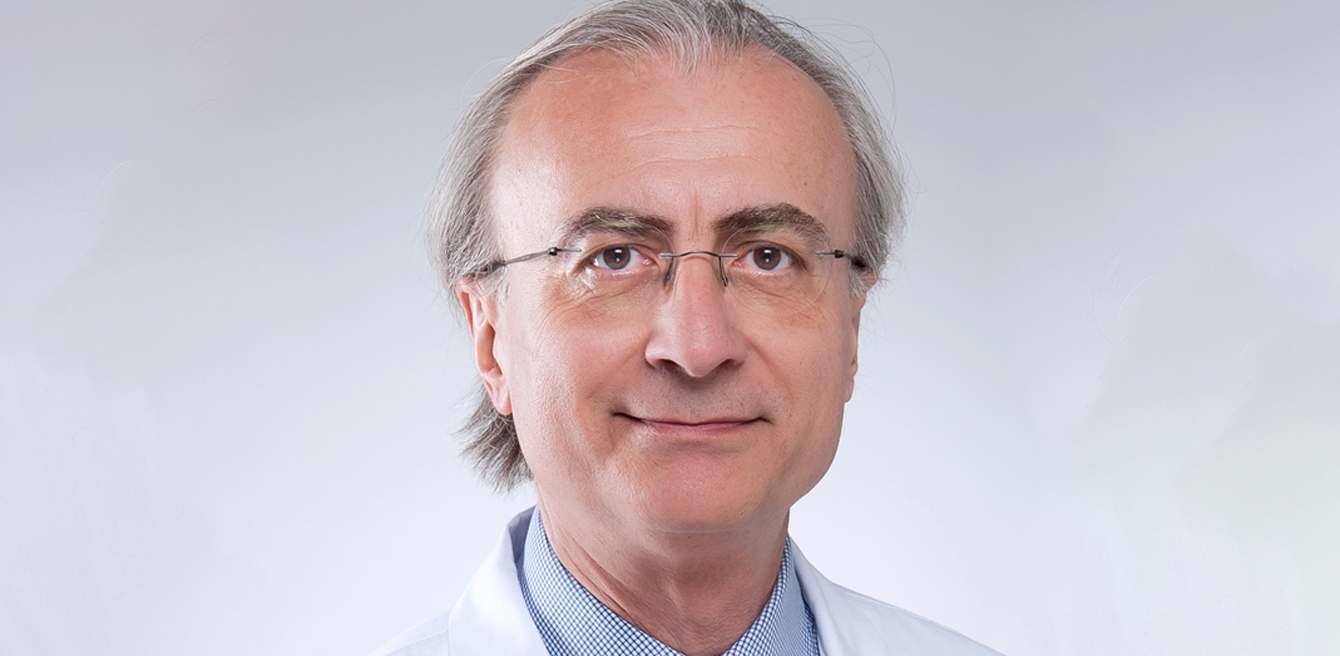
On 11 January, the canton of Vaud launched its Covid-19 vaccination programme in four centres across the region, and one is located at Lausanne University Hospital (CHUV). The programme is actively expanding in order to vaccinate people who want the vaccine as quickly as possible. A closer look.
Swiss state councillors Rebecca Ruiz and Béatrice Métraux were at the CHUV on 11 January to launch the Covid-19 vaccination programme, which progresses each week and will continue until summer. The presence of the heads of the department of health and social action (DSAS) and department of environment and safety (DES) demonstrates the very strong commitment from the CHUV and its teams, not only in the daily fight against the pandemic, but also in the implementation of the canton's vaccine roll-out.
However, some members of the population are still sceptical of the vaccine. Each person can choose whether or not they would like to receive the vaccine.
Oliver Peters, CHUV deputy director, head of the Vaud vaccination steering committee
Oliver Peters: The initial goal was to vaccinate approximately 5000 people per day. But due to the emergence of the new UK variant, our target quickly increased to 7000 to 8000 vaccinations per day.
OP: Several steps had to be implemented very quickly: we first had to open vaccination centres and train mobile teams. A mass vaccination centre will also be added in Beaulieu, with significant support from the Civilian protection organization (CPO). We will then open it up for people to get vaccinated at private clinics, doctor’s offices and large pharmacies. Finally, vaccines will be made available to independent doctors and pharmacists.
OP: CHUV has institutional power for these types of operations. I think that we were given these responsibilities because we have a lot of centralised skills and we are able to make use of them quickly. I would like to recognise the solidarity and enthusiasm from all of our teams involved in the vaccination programme. We often talk about fatigue in hospitals, but there is also a lot of accomplishments, positive attitudes and the feeling that we are doing something very important for the population of the canton. That's incredibly motivating.
OP: We know that high-risk individuals are very willing to be vaccinated. There is more hesitancy among younger people, because the vaccine is new. However, all the incoming data shows that the vaccine is safe, whereas the virus is very dangerous, even for younger people. So I think that we will see more people wanting the vaccine, but we are not pressuring our employees. We are simply informing them of the situation.
OP: Of course. But I’m not going to jump my place in line and take a vaccine away from a high-risk person!
Professor Giuseppe Pantaleo, chief of the Division of Immunology and Allergy department at CHUV
Prof. Giuseppe Pantaleo: No. Vaccines using messenger RNA are considered genetic vaccines because they transfer genetic codes to trigger the production of proteins. There is no reason to believe that this type of vaccine is more dangerous. There is no way that the vaccine could modify a person's genetic code.
PGP: The data that we have suggests that these vaccines are extremely effective, between 90% and 95%. But we don’t have data on how long the vaccine efficacy will last. Furthermore, the vaccine was tested on people with a healthy immune system. We need to see if it is just as effective for people with compromised immune systems.
PGP: It is important that we implement immunological monitoring plans to determine how long the immune response lasts. We also need to be aware of any possible serious mutations of the virus that would make the vaccine ineffective, as we’ve seen with the flu.
PGP: The documented short-term side effects are very mild and there are no safety concerns: redness at the injected site and minor flu-like symptoms. A few rare cases have seen more significant flu-like symptoms. For 99% of people, these symptoms will go away after three or four days. We need to pay attention to people with severe allergies. Monitoring plans have already been implemented for these patients. Not enough time has passed to truly evaluate the long-term side effects, but there are no indicators of a major change in side effects.
PGP: Of course! As soon as possible. /

